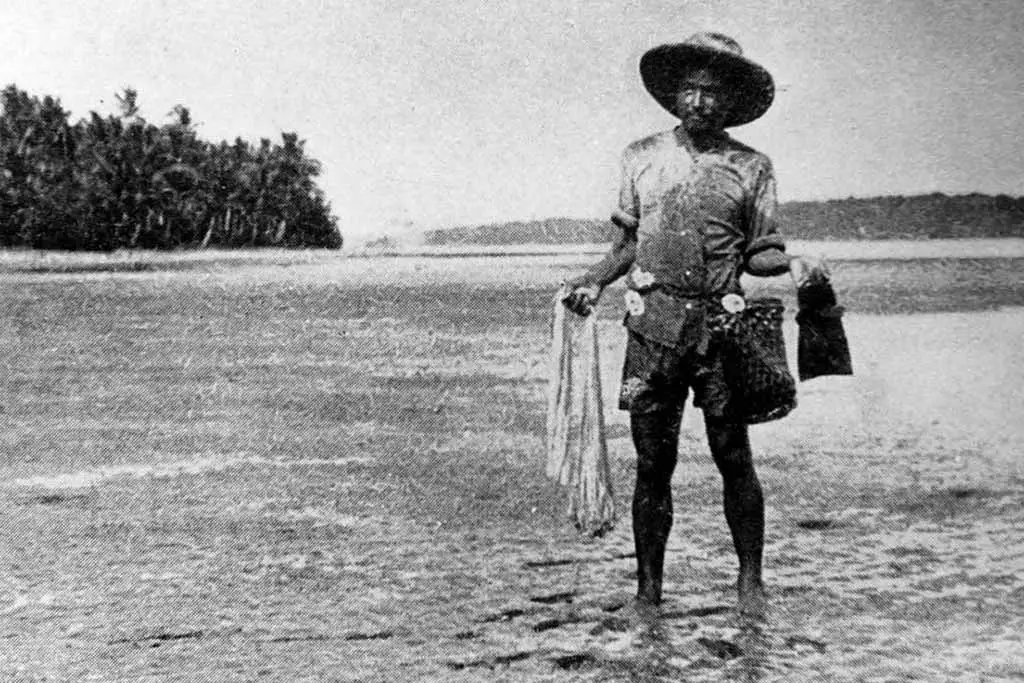Indigenous Lenses
…Circular Concept of History Utak: Itak CHamoru/Chamorro Sidereal Directions Amot Corner Fino’ Håya Project CHamoru/Chamorro Roots Genealogy Project Masters of Tradition Masters of Tradition celebrates cultural practitioners who use their…

